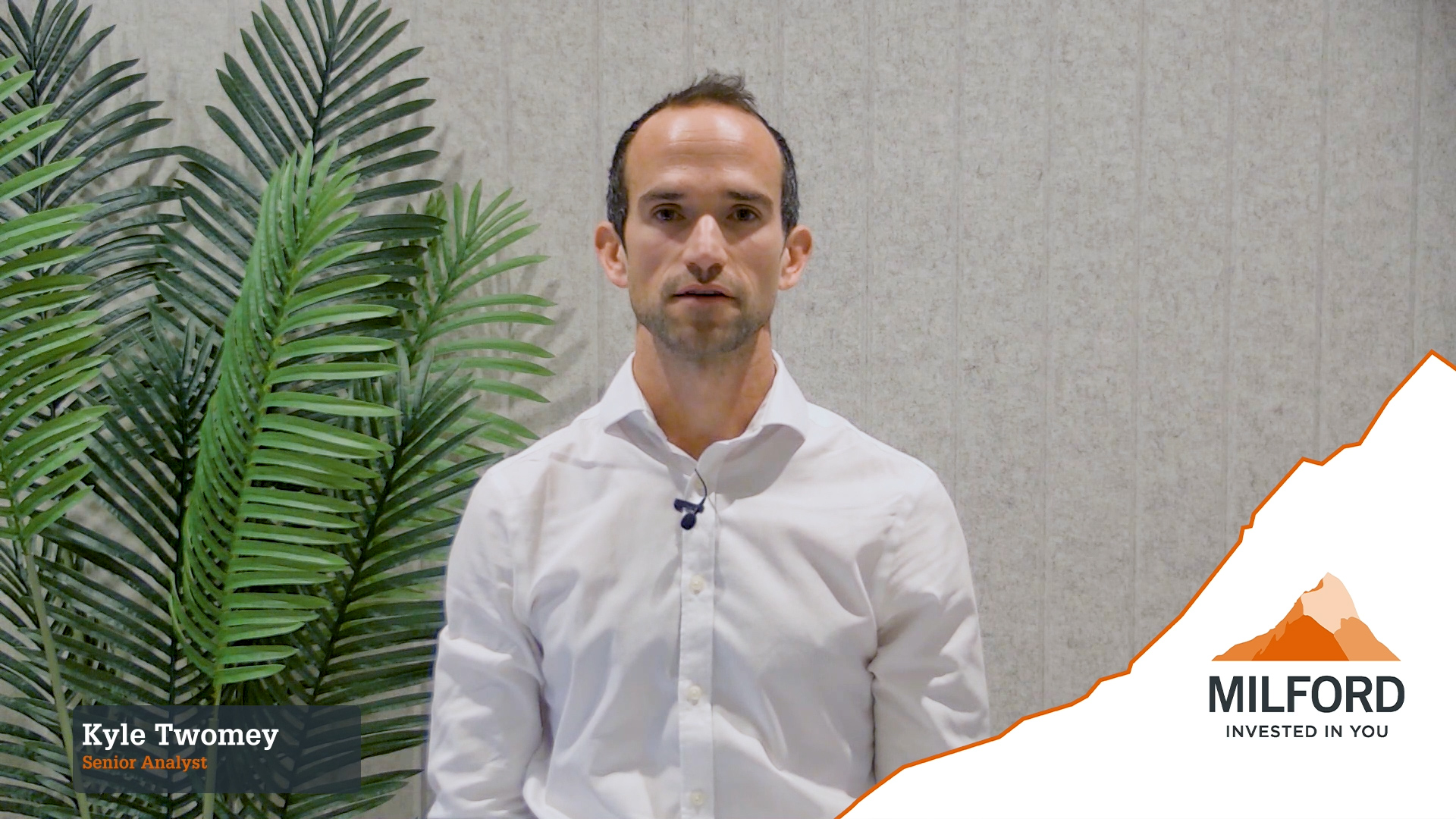When we think about human rights abuses, our first thoughts may be of political prisoners and human trafficking. But modern slavery has many forms, including far more common behaviours like forced overtime, unsafe working conditions and being paid below minimum wage.
Human rights abuses are one of the most important exposures investors want excluded from their investment portfolio (after fossil fuels). While this is likely ethically motivated, as is usually the case when it comes to doing the right thing, in the long run, it leads to better investment decisions as well. Simply put, unsustainable businesses do not make good investments.
Firstly, if vulnerable workers are being overworked or underpaid, or inputs are being sourced at unsustainably low prices, the company’s expenses are lower than they should be, and reported profits are artificially inflated. Margins and returns are likely to fall as costs are inevitably forced to rise to appropriate levels.
Secondly, quality businesses with strong competitive positions do not tolerate exploitation for the sake of short-term profits. These companies have other levers to pull, such as pricing power, innovation and productivity improvements. If profitability is so low and a company’s competitive position is so challenged, that management are prepared to compromise their workforce or supply chain, the business is not an attractive investment in the first place.
However, there is no simple screen to preemptively identify these companies. Investors using passively managed Sustainable exchange traded funds (ETFs) are almost certainly not guaranteed zero exposure to modern slavery risks.
Milford analysts use all available information when forming an investment view. One of the objectives of our proprietary research is to attempt to detect red flags that might serve as leading indicators for supply chain controversies. It is clear to us, a company that audits its supply chain and discloses the audit outcomes, as well as its ethical sourcing policies, has significantly lowered its exposure to this risk.
Without such a framework in place, it is easy to see how a New Zealand retailer may not be aware that its low-cost, offshore apparel manufacturer is, in turn, purchasing cotton from Xinjiang in China, making the business an inadvertent beneficiary of Uighur forced labour. As a consumer, you don’t want to buy that t-shirt. As an investor, you don’t want to own that company.
As an auditor on the other hand, there is surely no better job than flying into factories in the developing world to free minors from child labour and demand safe work practices and fair rates of pay for all? Supply chain auditors are basically the superheroes of the financial reporting universe.
Of course, businesses exposed to these risks are easy to spot in hindsight. But at Milford, we try to ask the right questions in the first place. As active managers, we engage extensively with management to understand supply chain risks, and how they are being addressed.
We are also acutely aware of our capacity to drive positive change. To this end, Milford recently signed an open letter to the New Zealand Government, to advocate for implementation of a Modern Slavery Act. Requiring companies to talk publicly about what they are or are not doing to address modern slavery will undoubtedly lead to them doing more. Because like supply chain auditors, the Milford team know “what gets measured, gets managed”. We consider ourselves faithful sidekicks in their superhero quest.


